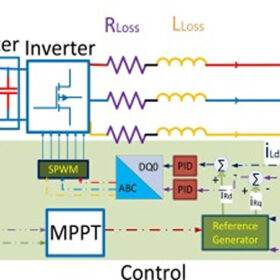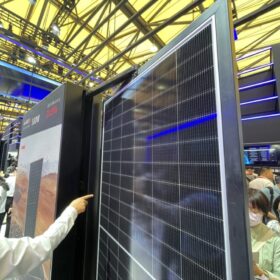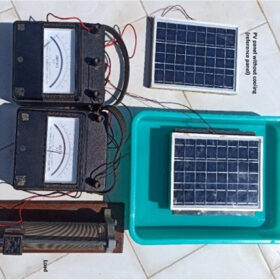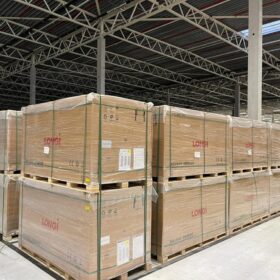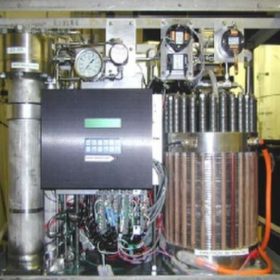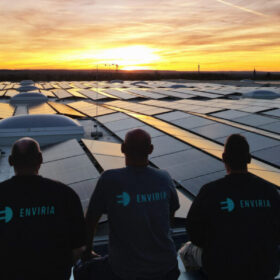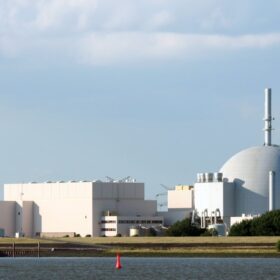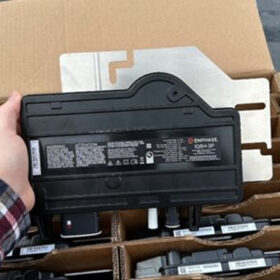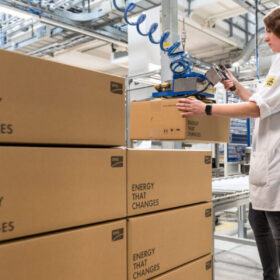ISC Konstanz claims 24% efficiency for tunnel back contact solar cell
ISC Konstanz researchers say their new n-type tunnel back contact (TBC) solar cell features polycrystalline silicon TOPCon contacts on both polarities. The results still need to be confirmed by an independent third party.
Master-slave technique for deploying parallel inverters in PV systems
Scientists in Czechia have proposed to use parallel inverters in PV systems to not only reduce instability, but also to increase power yield. The proposed approach reportedly results in higher maximum power point tracking (MPPT) performance.
Longi announces 27.09% efficiency for heterojunction back contact solar cell
Longi has announced the achievement of 27.09% efficiency for its heterojunction back contact (HBC) solar cell, a result that has been confirmed by Germany’s Institute for Solar Energy Research (ISFH).
Passive solar module cooling tech based on PCM, heat sink fins, water
A global research group has designed a novel PV module cooling system based on multiple cooling sources. The proposed system was able to reduce a PV system temperature by up to 16.7 C and increase power output by over 9%.
P-type PERC solar modules now selling in Europe for €0.10/W to €0.115/W
Prices for p-type PERC solar panels could cross the €0.10 ($0.1093)/W threshold in the first quarter of 2024, says Leen van Bellen, business development manager Europe for Search4Solar, a Dutch purchasing platform for PV products. He told pv magazine that European stocks are expected to shrink, and that prices should recover in the middle of the second quarter of 2024.
21 companies bid for electrolyzer incentives in India
The government’s production-linked incentive (PLI) scheme for electrolyzer manufacturing has received an overwhelming response with bids received for 2.28 times the capacity to be awarded.
Germany sets new ceiling prices for solar auctions
The German grid agency has set a ceiling price of €0.0737 ($0.081)/kWh for ground-mounted PV and €0.1050/kWh for rooftop solar installations.
German decommissioned nuclear plant to become 800 MW/1,600 MWh battery
PreussenElektra has revealed plans to potentially develop Europe’s largest battery storage facility at the decommissioned Brokdorf nuclear power plant site in Germany, with 800 MW/1,600 MWh of capacity. The site operator now needs to secure approval to dismantle the nuclear plant.
Enphase unveils new three-phase inverters
Enphase has released 208 V three-phase inverters for the small commercial market. The advancing hardware comes with a specialized support team and tailored design tools.
SMA to build 3.5 GW inverter factory in US
SMA Solar Technology AG says it will open a new 3.5 GW inverter factory at an unspecified location in the United States in 2025. The German manufacturer is currently talking with several US states and potential partners to select the best production site.

